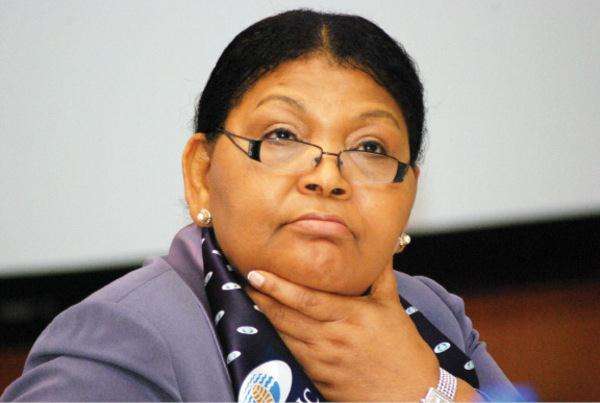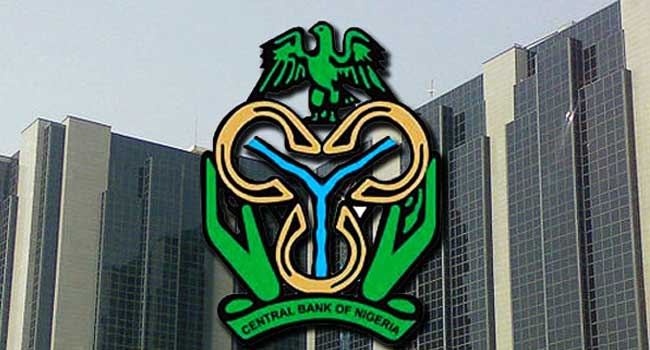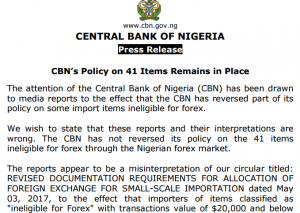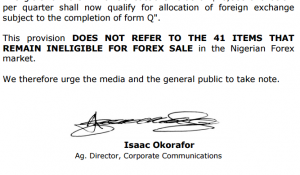The Central Bank of Nigeria (CBN) on Wednesday reiterated the need to secure payment systems in the country to stem fraudulent activities in the financial sector.
The Director, Banking and Payment Department, CBN, Mr Dipo Fatokun stated this while presenting a keynote address on emerging regulations to protect online, mobile and payment services in Abuja.
The workshop, organised by Maxut Consulting Experts and Vasco Data Security in collaboration with the CBN was centered on the emerging trends in banking and payment systems and regulatory and security implications.
Fatokun said there was the need for continuous effort by stakeholders to develop efficient, reliable and electronic payment systems in the country.
According to him, one of the key tasks of the CBN is to promote the smooth operations of an efficient payment system, which is core to the financial stability of any country.
He said payment systems had important implications for monetary policy implementation and efficiency of the economy.
“To achieve broad objectives of the Payments System, CBN develops and regulates the implementation of regulation to facilitate the growth of initiatives that will harmonise payment operations in the country.
“In its regulatory role, the CBN is careful to approach the dynamic of payment systems policy creation as a delicate balance in order not to stifle innovation and growth in the payment systems.
“In addition, the bank has developed a financial inclusion strategy, the PSV 2020 Vision and cash-less policy drive with specific targets and timelines.
“The sustenance of these initiatives will ensure that financial services are provided at affordable costs to sections of disadvantaged and low-income segments of the society.’’
Fatokun explained that because of the emergence of new technologies, there was a continuous need to update payments system regulation as a result of its dynamic and ever changing nature.
“Technological developments have led to disruptive innovations by financial Technology (FinTech) companies in the financial system.
“These innovations have facilitated the expansion of electronic payments and helped in providing financial services to previously unreached groups.’’
He said the CBN had tried to incorporate all service providers into the regulatory space but some preferred to remain in the unregulated space due to perceived difficulties of licensing and regulation.
He further said that the participation of the apex bank in the workshop would enhance the knowledge of staff on the operations of non-financial service providers in the payments system.
Fatokun urged banks in the country to ensure standardisation in all transactions while making available their Application Programming Interphase (API).
API is a set of functions and procedures that allows access to data or a service in order to provide greater functionality to the application user.
He said banks had been directed to make their APIs available to FinTechs but Nigerian banks would fully implement this when implications of its availability was fully understood.
Earlier, Mr Micheal Odusami, the President, Maxut Consulting said the workshop would ensure the apex bank was abreast with the current trends and future of the industry.
Odusami said the workshop would also expose the country to what was obtainable from different parts of the World in the sector as some countries were a little more advanced than us.
“They are already putting regulations in place to address some banking issues and sharing them here will see how some of the stuff we are already doing will help us.
On the level of online security risk in the country, Odusami said a lot of the challenges faced was around social engineering, people impersonating other people and so on.
He said that majority of the fraud recorded within the country was carried out by people inside the system itself, “people that know how the system works and they compromise it’’.
He commended efforts by the CBN toward ensuring the mitigation of fraud in the banking sector but added that a lot still needed to be done to secure transactions in the sector.
NAN



